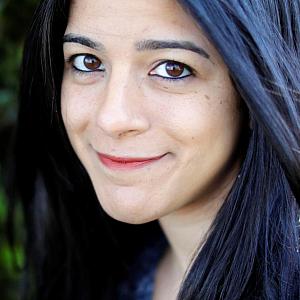
Nada Hassanein
Reporter

Reporter
Nada Hassanein is a health care reporter for Stateline with a focus on inequities. Previously, she was a USA TODAY reporter focusing on environmental and health inequities. Previously, she was a social issues reporter at the Tallahassee Democrat, covering immigration, health, domestic violence and issues affecting marginalized communities. Hassanein was a 2022 Impact Fund for Reporting on Health Equity and Health Systems grantee, and before that, she was a 2019 Center for Health Journalism National Fellow and reported a project that focused on socioeconomic factors that impact children’s health disparities in Tallahassee.
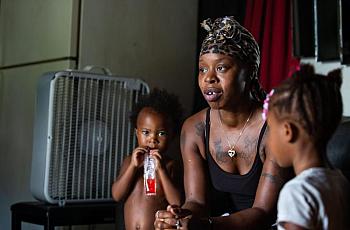
Many families in rural America struggle to access obstetric care, and mothers of color, already facing higher risks, are left especially vulnerable.
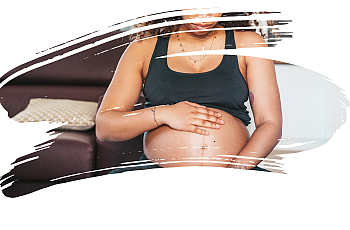
A legacy of injustice and inequity underpins reproductive health care disparities faced today by people of color.
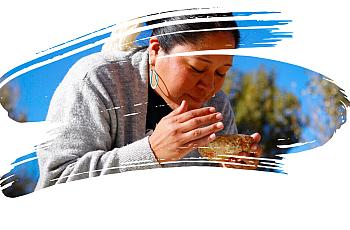
Native Americans travel among the farthest in the nation for maternal care. To fill the void they must rely on each other.
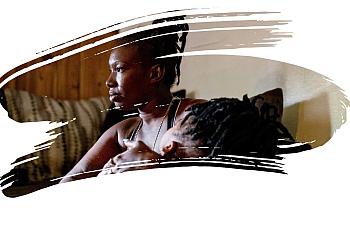
As more rural hospitals and obstetric units close, the federal government is just beginning to define the scope and impact of maternity care 'deserts.'
Thousands could be threatened, experts say, because the same groups most impacted by abortion bans — rural, low-income, and women of color — also experience higher rates of domestic violence.

People whose maternal care depends on federal dollars can’t get abortions under the Hyde Amendment. What will the end of Roe hold for them?
More than 2 million women live in counties with no birth center or other obstetric care. A ban on abortion could mean greater health risks for them.
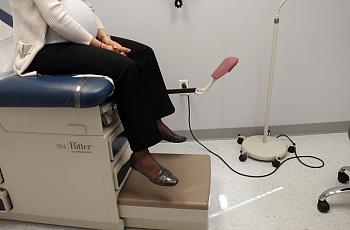
A new reporting project will share the lived experiences of women living in the country's growing maternal heath deserts.
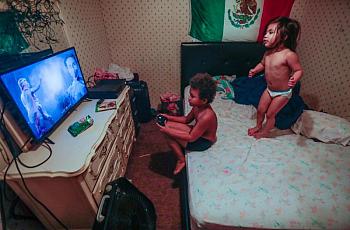
Don't give up. Follow these tips to overcome data deserts in your reporting.
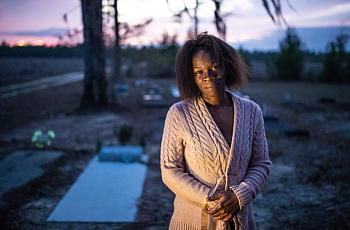
"Our kids aren’t growing up, you know. They’re dying. They’re dying too fast," says Koquisha Cook, who lost her daughter in an August shooting.